#la roue abel gance
Explore tagged Tumblr posts
Text

#movies#polls#la roue#la roue 1923#la roue movie#20s movies#abel gance#séverin mars#ivy close#gabriel de gravone#pierre magnier#max maxudian#have you seen this movie poll
30 notes
·
View notes
Text

New York Film Festival 2023:
La Roue (Abel Gance), 1923
#films#movies#stills#silent#La Roue#Abel Gance#Ivy Close#French#1920s#NYFF#NYFF61#New York Film Festival#seen in 2023#centennial
3 notes
·
View notes
Text
Abel Gance's epic 'La Roue' restored on Criterion Channel
For too long, Abel Gance was the forgotten master of silent cinema, a pioneering innovator whose experiments in cinematic storytelling and expressive techniques inspired filmmakers all over the world. Gance was a master conductor of the cinematic form, as influential and consequential as D.W. Griffith and Sergei Eisenstein in his impact. After the worldwide success of his anti-war drama…
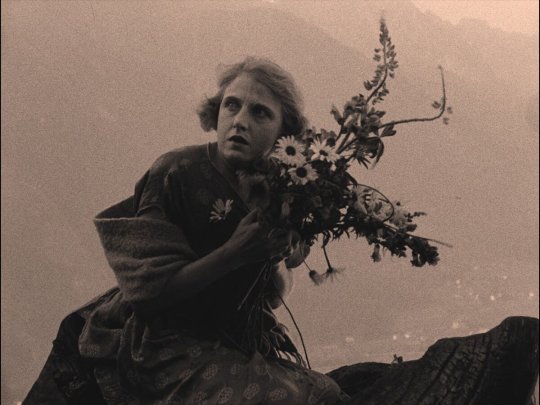
View On WordPress
1 note
·
View note
Text

Ivy Close and Séverin-Mars in La Roue (Abel Gance, 1923)
Cast: Séverin-Mars, Ivy Close, Gabriel de Gravone, Pierre Magnier, Georges Térof, Gil Clary, Max Maxudian. Screenplay: Abel Gance. Cinematography: Gaston Brun, Mac Bujard, Léonce-Henri Burel, Maurice Duverger. Art direction: Robert Boudrioz. Film editing: Marguerite Beaujé, Abel Gance. Music: Arthur Honegger.
The plot is operatic, the technique is novelistic, and the aim is tragic. Abel Gance's La Roue (aka The Wheel) never satisfies on any of those counts, but it's not without a lot of effort on his part as well as his actors and technicians. At its premiere, it ran for somewhere between seven-and-a-half and nine hours (depending on which source you trust), spread over three days, and was a success, earning praise from Jean Cocteau among others. Gance then produced a cut that ran for two and a half hours, which was the version most people saw for many years until film historians set about to reproduce the original. That restoration is the one I sat through for sevenish hours spread over four nights on the Criterion Channel. I have seen seven-hour movies (and some that seemed like it) before, most notably Bela Tarr's Sátántangó (1994). The urge I usually have afterward is to try to justify the expenditure of time, typically by categorizing it as an "immersive experience." That approach works with films like Tarr's, which has a grounded reality to it that provides a look into a human existence other than my own, which is the aim of all narrative art. It's less easily justified when the film is as preposterous as Gance's is in many ways. I said it was operatic in its plotting, and here it's useful to think of the melodramatic excesses of works like Verdi's Il Trovatore, based on a florid Spanish play that involves foundlings, mistaken identities, and people torn between passion and duty. La Roue has a foundling, survivor of a train wreck, rescued by a railroad engineer who raises her along with his own son, allowing both of them to believe they are siblings, which works until she blossoms into a young woman and first the father and then the son realize they're in love with her. The treatment of this story evokes, as others have noted, the novels of Victor Hugo and Émile Zola, but it also reminds me of Thomas Hardy's works, in which fate (which Hardy calls "hap," or the blind workings of chance) forestalls any efforts by the protagonists to chart their own course. And since the story involves a kind of incestuous passion, the legend of Oedipus comes to mind, and sure enough Gance quotes Sophocles in one of the intertitles. But of course it's a movie, and that necessitates a good deal of spectacle, starting with the train wreck that sets the plot in motion. La Roue is never dull, and it's sometimes emotionally affecting, but it's not an opera (although Arthur Honegger's score suggests its potential in that regard) and it's not a novel or a tragedy. It's a movie, and one with a great deal to watch if you're willing to commit seven hours to it, but I think you have to be devoted to learning about the craft of movie-making to profit much from it.
1 note
·
View note
Text
vimeo
La Roue (1923)
Abel Gance
0 notes
Text
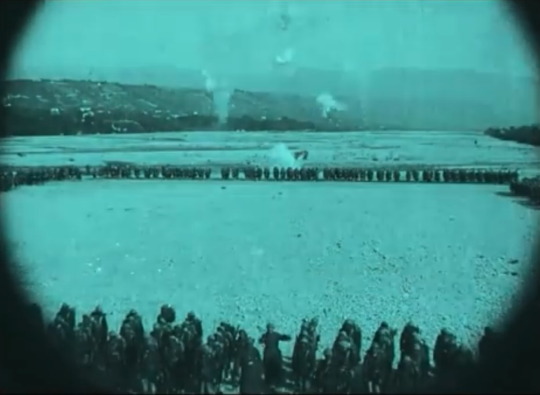

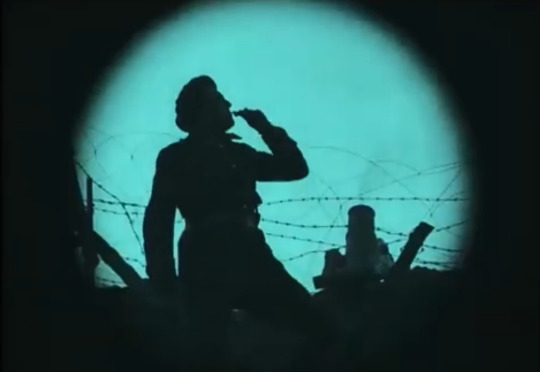


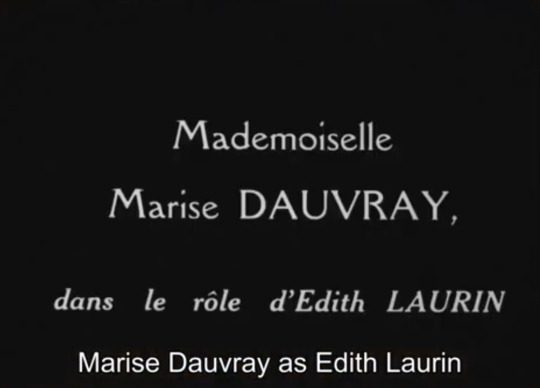









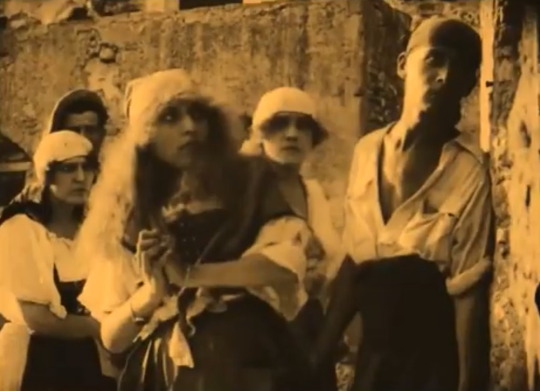


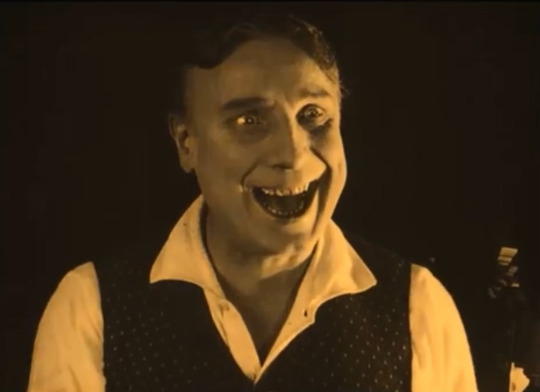




J'accuse, Abel Gance 1919
*
youtube
youtube
#abel gance#j'accuse#zola#1919#la roue#1923#about photography#material#jva#696#freedom of spech#buw#gas#boll#auschwitz#playing for time#cobra verde#hyæna#hamlet#die gegenwart der vergangenheit
0 notes
Text

Pierre Magnier-Ivy Close "La rueda" (La roue) 1923, de Abel Gance.
10 notes
·
View notes
Text
watching la roue as abel gance intended: in uni library basement on a dvd that keeps skipping
3 notes
·
View notes
Photo



La Roue, Abel Gance (1923)
#la roue#la roue abel gance#abel gance#gance#1923#1920#1920s#120#20s#film#films#movie#movies#art#arts#old#old movie#old movies#film muet#french cinema#french#french film#ciné#cinéma#cinéphile#cine#cinema#cinephile#cinematic#cinematics
26 notes
·
View notes
Photo










La roue (Abel Gance, 1923).
#la roue (1923)#abel gance#ivy close#gaston brun#marc bujard#léonce-henri burel#maurice duverger#marguerite beaugé#robert boudrioz#blaise cendrars#la roue
178 notes
·
View notes
Photo










La roue (Abel Gance, 1922)
#la roue#abel gance#ivy close#1922#silent cinema#silent movies#silent film#silent#french cinema#french film#french movie
73 notes
·
View notes
Photo

La roue (Abel Gance, 1922)
#la roue#abel gance#1922#ivy close#gif#silent film#silent movies#silent cinema#silent#french cinema#french film#french movie
9 notes
·
View notes
Text

“D’un homme tatoué”
Georges Terof
La Bonne Hôtesse (1926)
#georges terof#1920s#tattoo#tatouage#abel gance#la roue#1923#1926#la bonne hotesse#d’un homme tatoue
1 note
·
View note








